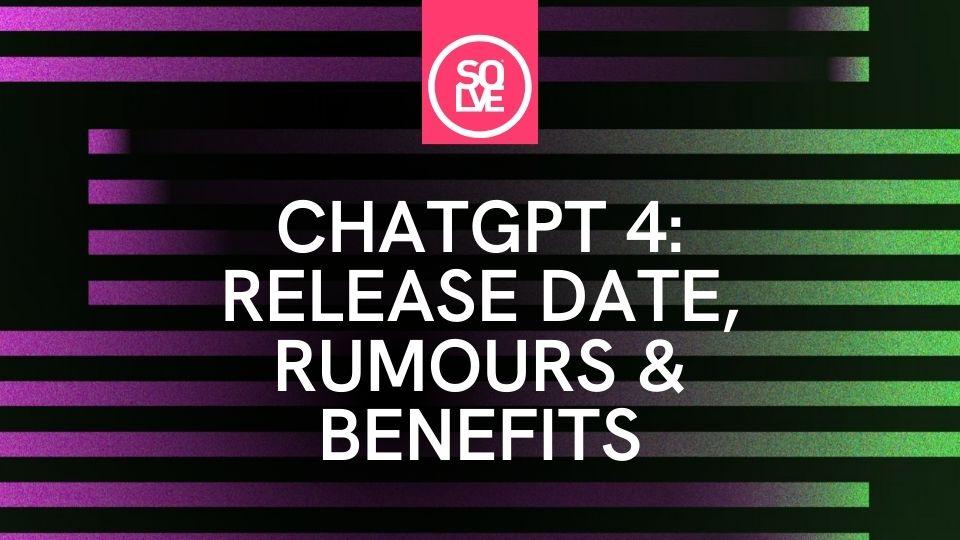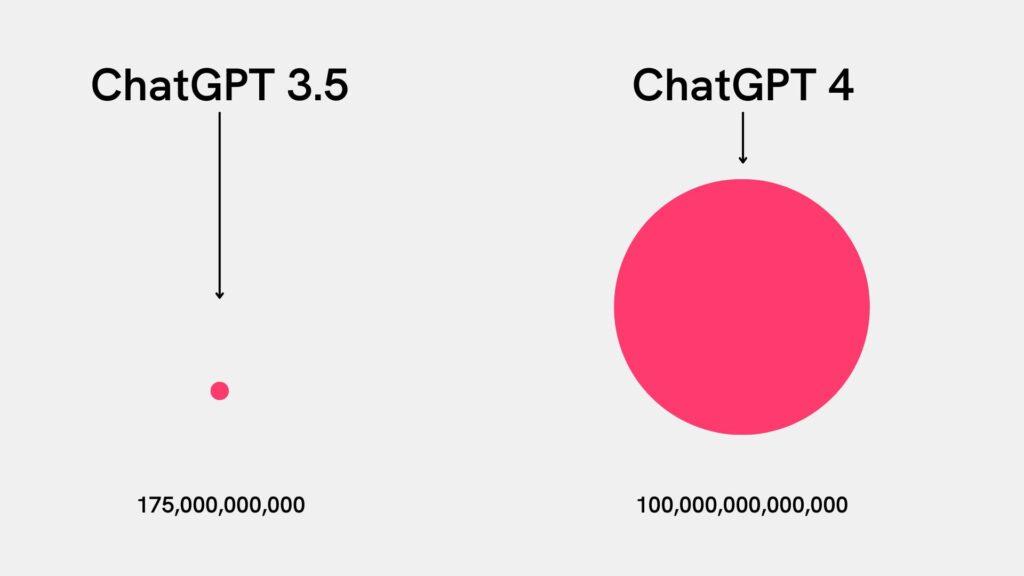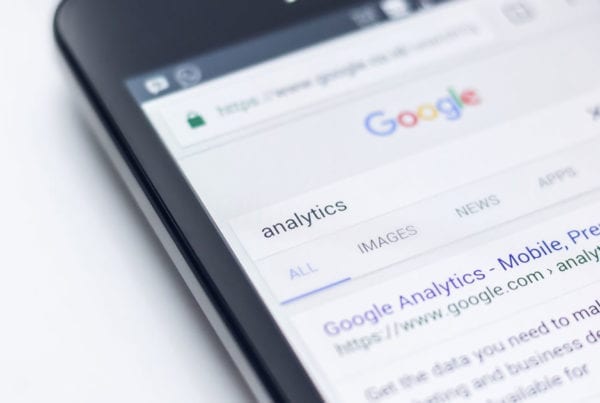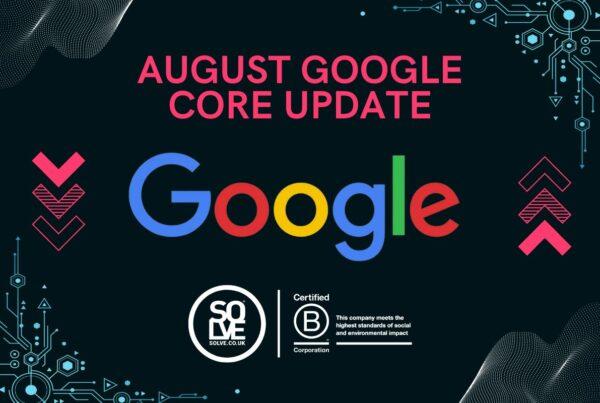
ChatGPT 4 is a highly anticipated upgrade to GPT-3.5, which sets the bar high for language processing models. With no specific information released about GPT-4, rumours and leaks have suggested it will have increased responsiveness, more accurate responses and increased parameters potentially in the trillions.
ChatGPT 4 will be a major breakthrough in artificial intelligence being incredibly powerful and more capable than people are expecting.
OpenAI CEO, Sam Altman
Sam Altman also confirmed that ChatGPT 4 would significantly improve its ability to reason and understand language context, which is critical for natural language processing.
Highlights
What is ChatGPT 4?
GPT-4 is the latest release of the OpenAI language model, which can generate text just like human speech. OpenAI has advanced on its already popular technology from GPT-3.5, GPT being the acronym for Generative Pre-trained Transformer.
ChatGPT utilises billions of parameters, just like the human brain, to adjust the output of ChatGPT’s learning machine to achieve the best results. The level of detail OpenAI learning machine operates with brings humans and computers one step closer to the future of AI. No specifics are being communicated by OpenAI other than rumours circulating.
Does GPT-4 have a release date?
There is no confirmed release date from OpenAI, but The New York Times has speculated it could be launched towards the end of April, a matter of weeks away.
With technology rapidly improving and innovations arriving on the scene, the potential to disrupt many industries and upset the balance of capitalism as jobs are lost to automation is upon us.
GPT-4 vs GPT-3.5: What’s the difference?
Whilst there are no final release notes from OpenAI, we are expected that ChatGPT-4 will offer a significant boost in performance and be more versatile and adaptable, allowing us to handle tasks like language translation and text summary more efficiently.
How does this affect language modelling?
As ChatGPT 4 is a giant leap forward in AI language technology, it has the potential to become an invaluable tool for anyone to generate excellent text from.
With the focus on GPT-4 functionality and more effective response, GPT-4 is optimised to make the most out of smaller models rather than relying on large models. With enough optimisation, these smaller models will surpass the more prominent models and effectively be more cost-effective and environmentally friendly.

ChatGPT 4 Rumours
ChatGPT uses billions of parameters.
It is rumoured that GPT-4 will increase the number of parameters it uses, making it more like the human brain, which uses billions of parameters daily. This gives the language model a high level of detail when trying to emulate the human brain and becomes ever so closer to doing that.
ChatGPT will produce better computer code.
GPT-3.5 produces good code, but not great as sometimes you have to correct the language model, but rumours suggest that GPT-4 has new, improved ways of generating computer code for the end user in the same interface.
ChatGPT produces better images, text and video.
GPT-4 has been rumoured to produce better images, text and video from the same interface, which will handle requests better.
Does Bing use GPT-4?
Microsoft announced that Bing Chat is more powerful than ChatGPT 3.5, which has since prompted rumours that Bing Chat is already utilising GPT-4, although any trusted source has not yet verified this.
We know that Bing Chat is more responsive than GPT-3.5, which is effective when integrating it into a search engine outside of a testing environment. Although it seems that Bing Chat could match OpenAI’s GPT-4 model if GPT-4 were already publicly available.

How will GPT-4 benefit you?
GPT-4 from OpenAI can benefit you in many ways; being a language model, if you have a question, ChatGPT will have an answer based on the knowledge database and a much quicker & detailed response than GPT-3.5.
Here are a few more benefits you could GPT-4 use for:
- Answering questions
- Generating ideas
- Improving writing
- Language Translation
- Personalized recommendations
- Mental health support





